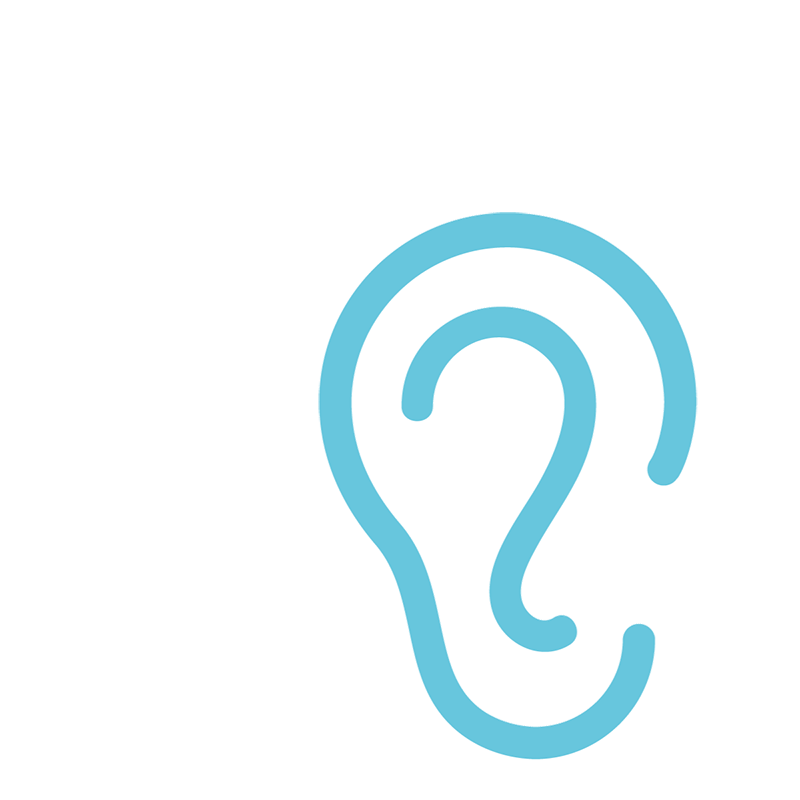

Years of Services
Satisfied Recipients
Recommendations
Collaborations

My child is showing fast improvement under her treatment. It’s been six months now and he started forming sentences, became confident, eye-to-eye contact, etc. Dr. Fatema Jagmag from Shaba Speech and Hearing Centre recommended eye check-up after which he started to wear number glass. There is brain development too. Dr Fatema recommended this to me which I did not get from any other doctor. I have been following these therapies for my child for the last three years, but in these six months my child has improved commendably.

It’s been one year now and we have been associated with this family. A family in which we have our respected doctor. Dr. Fatema Jagmag is a true mentor and inspiration of my child. Well, what can we say about her... she is an encyclopedia in herself, super optimistic in her approach and very clever and clear minded professional and a blessing for us. Our child has taken occupational therapy (OT) too.

Fatema Jagmaag is a very experienced speech therapist and a sincere mentor for the children with hearing loss and for their parents respectively. Her method of giving the language and learning to the child is excellent and she has a complete approach in the subject. We as parents are satisfied and find our child in 100% safe hands.

Thank you so much for your valuable time for taking my child's cochlear implant in our home town in the period of the pandemic situation. This is most important of my child's behaviour and speech development of his better future. We are ever grateful to you for providing this service.

Shaba Speech and Hearing Centre is excellent. The therapists communicate very well, and the therapy has helped me immensely.

We started Aditya's online speech therapy w.e.f. June'20. With around 4 months of teletherapy, we see the following comparatively positive changes in our child's development:
- Improvement in speech clarity
- Confidence in speaking with others
- Speaks independently to the extent possible without the support
- Being online, he concentrates to listen and tries to reply
We find this goal-oriented online speech therapy has added value to the overall development of our child in such a short period.

There was hardly any possibility to avail mapping in lockdown but thanks to Fatema ma'am who made this possible. Very thankful to Fatema ma'am for conducting online mapping for my daughter.

One of the best in India. Their teaching methodology and techniques are the best. My son's mapping and AV therapy is done by Shaba Speech and Hearing Center for the last 3 years and I have seen a lot of progress in my son's ability to hear and speak because of their dedication and hard work. Their guidance has helped us a lot.

I had no clue about my problem - why I am exercising and what was the main purpose of it, but Shaba Speech & Hearing Centre helped me overcome my stammering issues by making it understandable and it was really effective. All my questions were answered clearly. The speech pathologists also motivated me and I got the confidence that I never thought I would get in my life but it was a life-changing experience.

I have been consulting Dr. Jagmag for more than 5 years for my hearing issues. By patiently explaining my problem, she also explained how to cope with my hearing loss apart from the treatment. The best thing is she is available at all times for any of my hearing-related problems and I highly recommend Shaba Speech & Hearing Centre to all.
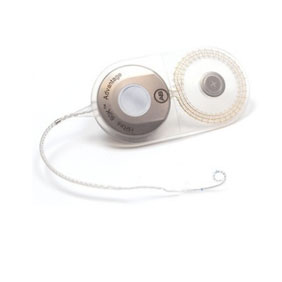
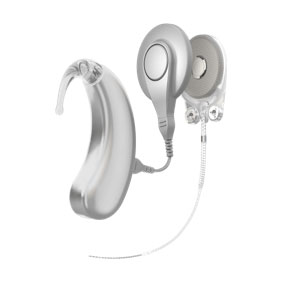
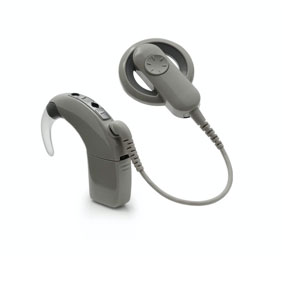
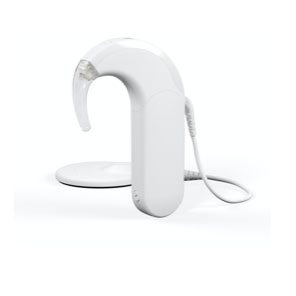
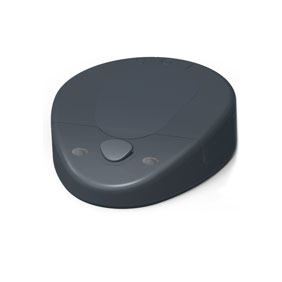
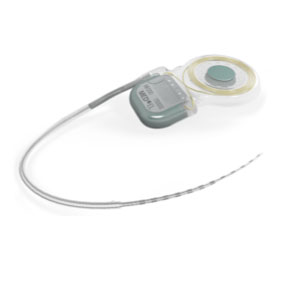
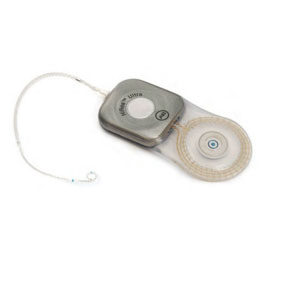
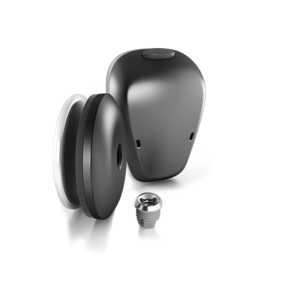
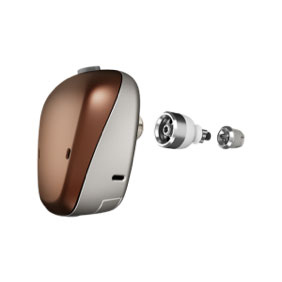
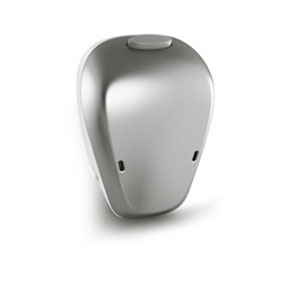
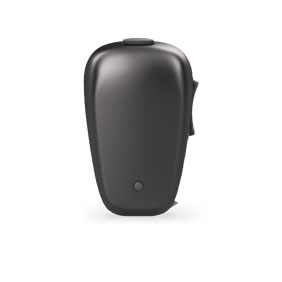
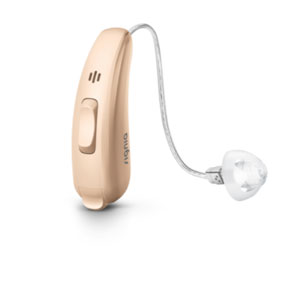
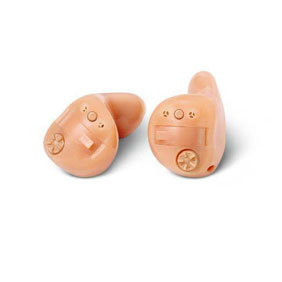
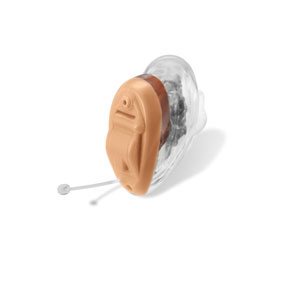
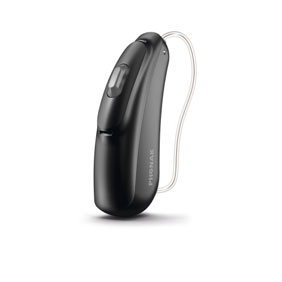
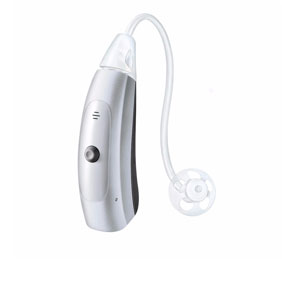
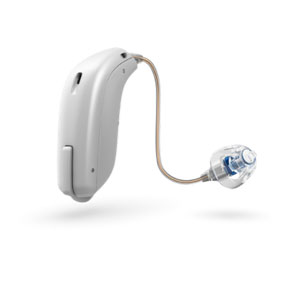
Although hearing is the process of sound travelling through our outer, middle and inner ear, it's our brain that interprets what we hear.
Each part of our ear plays a critical role in transmitting sound.
As a parent, you always want the best for your child. Hearing plays a huge part in their emotional, social and intellectual development.
Early treatment may put your child's progress on par with their hearing peers — helping to give them equal opportunity to excel in life.
A hearing screening for newborns is important to avoid any unnecessary delays in treatment.
Potential etiologies of communication and swallowing disorders include
While talking with others
While doing everyday activities
Simple steps towards taking care of ears will help to prevent major hearing issues
Use ear plugs around loud noises
Keep the volume moderate while listening to music.
Give your ears time to recover from exposure to loud noises.
Take ear medication only as advised by a doctor.
Keep your ears dry after a bath or a swim.
Get regular ear checkup done if facing hearing issues.
Protect your hearing aids from dirt
Always make sure that your fingers are clean and dry before touching your hearing aid. The microphone input is very small and can become blocked through improper handling.Protect your hearing aids from moisture
Remove your hearing aids before showering bathing or swimming. Due to the high ambient humidity, you should not leave the devices in the bathroom. Clean your ears occasionally before inserting the hearing aids. Please note that moisture and condensation may damage the electronics in your hearing aids.Keep the devices away from children and pets
Store your hearing aids out of the reach of children and pets. Removed but not deactivated devices emit high sounds that may be aggravating to some dogs.Avoid contact with hairspray or make-up
The fine particles of hairspray or powder make-up may clog the microphone input and volume control switch. Remove your hearing aids before using body care products.Keep your hearing aids in a safe place
When your hearing aids are not in use, it is best to keep them in the drying set. Always carry the hearing aids in their case to protect them from damage and dirt. If you don’t use your hearing aids for a while, please remove the batteries.Leave all repairs to an expert
Screwdrivers and oil are the enemies of all hearing aids. If they come in contact with the electronic or micro-mechanical systems, it will lead to irreparable damage. The delicate technology is very sensitive and can be destroyed due to improper handling. The first signs of communication occur when an infant learns to cry for food, comfort and companionship. Newborns also begin to recognize important sounds in their environment, such as the voice of their mother or primary caretaker. As they grow, babies begin to sort out the speech sounds that compose the words of their language. By six months of age, most babies recognize the basic sounds of their native language.
Children vary in their development of speech and language skills. However, they follow a natural progression or timetable for mastering the skills of language. A checklist of milestones for the normal development of speech and language skills in children from birth to five years of age is included below. These milestones help doctors and other health professionals determine if a child is on track or if he or she may need extra help. Sometimes a delay may be caused by hearing loss, while other times it may be due to a speech or language disorder.